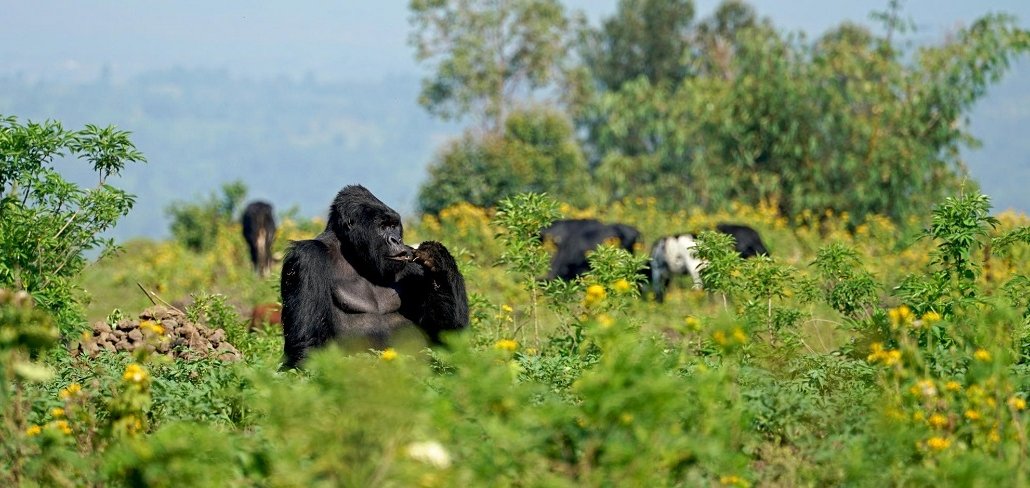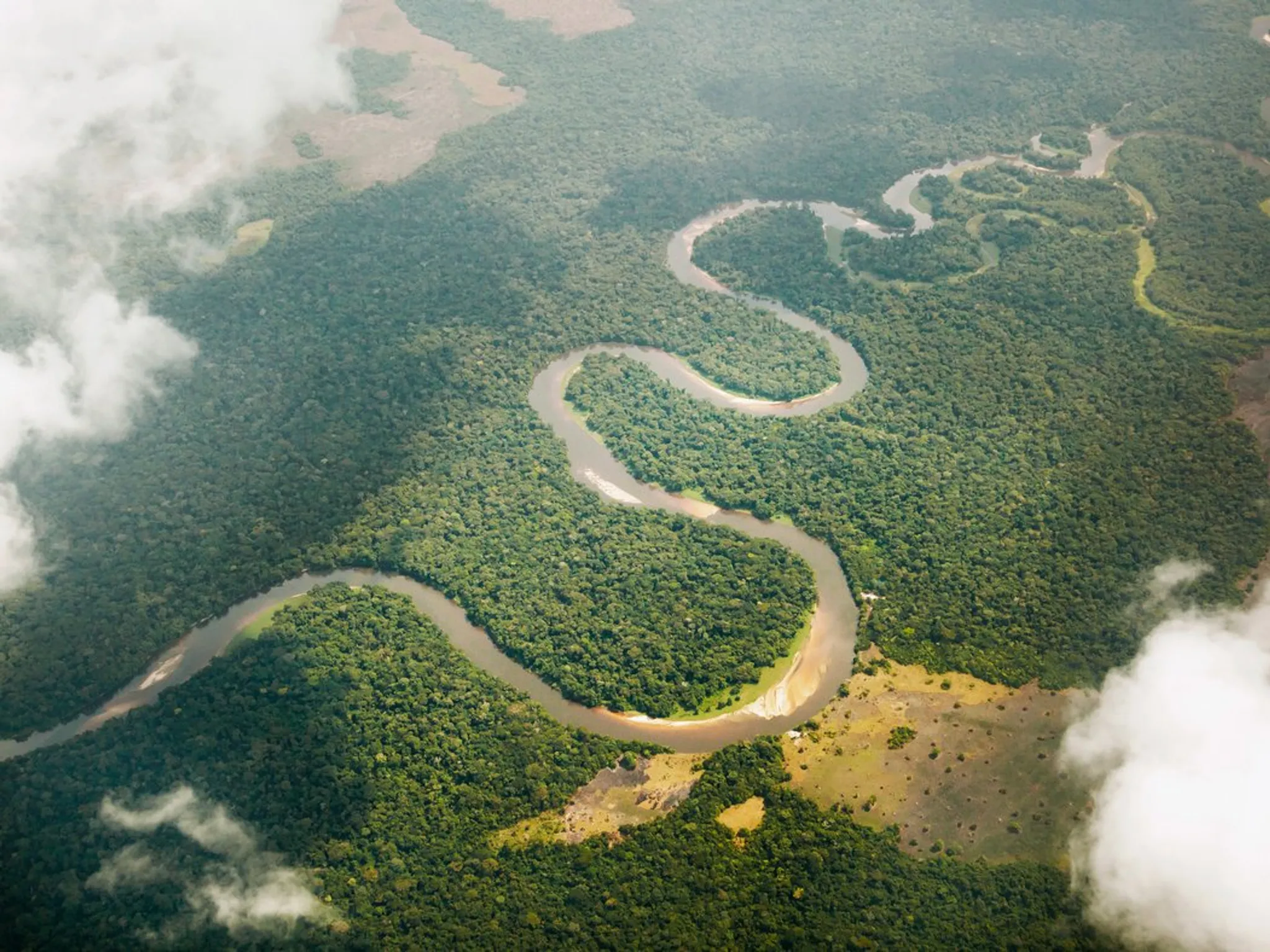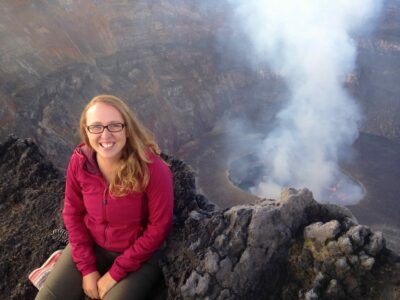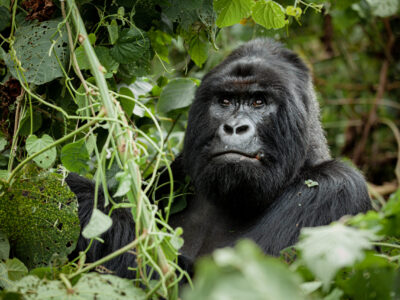DR Congo
A Travel Guide to the Democratic Republic of Congo (DRC)
The Democratic Republic of Congo (DRC), a vast and diverse country in the heart of Africa, offers a mix of raw natural beauty, unique wildlife, and rich cultural experiences. However, it's crucial to understand that travel to the DRC comes with significant risks. Many governments advise against all but essential travel due to ongoing security concerns, political instability, and health risks.
This guide provides information for those who choose to undertake such a journey, with a strong emphasis on safety and responsible travel.
Safety and Security
Travel advisories from various governments overwhelmingly recommend against travel to the DRC. The security situation is volatile, with the threat of conflict, violent protests, terrorism, and kidnapping. Eastern provinces like North Kivu, South Kivu, and Ituri are particularly dangerous due to armed group activity. Violent crime, including armed robbery and carjacking, is a significant issue in many urban and rural areas.
Do Not Travel advisories are in effect for a reason. Before planning any trip, consult your government's latest travel advice and be aware that travel insurance may not cover destinations with such warnings.
Use a Reputable Tour Operator: It is highly recommended to travel with a professional, experienced tour operator who has a deep understanding of the local situation and can provide adequate security measures.
Stay Informed: Monitor local media for updates on the security situation and civil unrest. Be prepared for last-minute changes to your itinerary.
Personal Safety: Avoid walking or driving at night, do not display signs of wealth, and be cautious of individuals posing as police or security officials. Always carry a photocopy of your passport and visa, keeping the originals in a secure location.
Visa and Entry Requirements
- A visa is required for most foreign nationals to enter the DRC. The application process can be complex and typically requires:
- A valid passport with at least six months of remaining validity and at least two blank pages.
- A visa application form, often in duplicate.
- Passport-style photographs.
- A notarized letter of invitation from a tourist agency or private host in the DRC.
- Proof of a round-trip ticket or itinerary.
- An International Certificate of Vaccination (ICV) for Yellow Fever is mandatory for entry.
It's essential to check the specific requirements with the nearest DRC embassy or consulate well in advance of your travel dates, as rules can change.
When to Visit
The DRC has an equatorial climate with high humidity year-round. The best time to visit is during the dry seasons, as heavy rains can make travel and outdoor activities difficult.
Long Dry Season: May to September. This is generally considered the best time for activities like gorilla trekking and hiking, as the trails are less muddy. July is typically the driest and coolest month.
Short Dry Season: January and February.
Main Tourist Attractions
Despite the security challenges, the DRC is home to some of Africa's most breathtaking and unique natural attractions, particularly in the eastern part of the country.
Virunga National Park: A UNESCO World Heritage Site and Africa's oldest national park, Virunga is the most popular tourist destination. It is one of the only places in the world where you can trek with endangered mountain gorillas. The park is also home to the iconic Mount Nyiragongo, an active volcano with the world's largest and most active lava lake, which can be hiked on a two-day trip.
Kahuzi-Biega National Park: This park is the only place in the world to track Eastern Lowland gorillas. It's also known for its rich biodiversity and hiking opportunities on Mount Kahuzi and Mount Biega.
The Congo River: The world's deepest river and the second-most voluminous after the Amazon. Exploring a portion of the river by boat offers a unique perspective on the country's vast landscape and local life.
Lola Ya Bonobo Sanctuary: Located near Kinshasa, this sanctuary provides a home for orphaned bonobos (a type of great ape) and offers a chance to see these fascinating and gentle animals up close.
Cultural Norms and Etiquette
The DRC has a diverse culture with over 200 ethnic groups. Respect for elders and authority figures is a cornerstone of Congolese society.
Greetings: A firm handshake with the right hand is a common greeting. To show respect, people often touch their right forearm with their left hand while shaking. Wait for a woman or an elder to extend their hand first.
Respectful Communication: Avoid asking about ethnicity or the civil war, as many people have been affected by the conflict. Good topics for conversation include family, food, sports (especially soccer), and the country's landscape.
Non-Verbal Communication: Pointing with an index finger is considered rude. To beckon someone, extend your arm with the palm down and make a scratching motion with your fingers.
Dress Code: While there is no strict dress code, dressing modestly is advised, especially outside of major cities.





